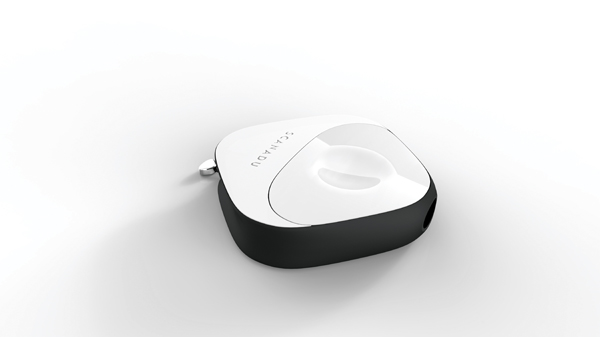Scanadu SCOUT: Bringing Your Vital Signs To Your Smartphone


The Scanadu SCOUT is a medical tricorder that can read vital information without any human interaction within seconds.
Due out by the end of next year, the SCOUT is a tiny piece of hardware that reads a subject’s vitals upon contact. Simply place the device on your left temple and in less than 10 seconds it will read pulse, heart rate, electrical heart activity, temperature, blood oxygenation and heart-rate variability. Then, the device sends the information to an app on an iPhone or Android smartphone, which not only displays the details, but stores the vitals for tracking—a fundamental benefit in many home health situations.
Scanadu founder Walter de Brouwer invented SCOUT after his own child fell ill and wound up in the ICU. As de Brouwer grew frustrated with the complex medical devices needed to monitor his child’s health, he envisioned a device that would easily monitor vital information and present it in a way the everyday person could understand. What he imagined was a tricorder—the same type of device used by Dr. “Bones” McCoy in “Star Trek.”
When de Brouwer began his mission to develop a tricorder, he assembled four teams of specialists at the NASA Ames Research Center in Moffett Field, Calif.—engineers, chemists, doctors and mathematicians and software engineers. The specialists worked together to devise a new way to monitor vital statistics and detect the information within seconds. They utilized imaging and sound analysis, molecular diagnostics and data analytics. The end result was the SCOUT.
The SCOUT tricorder is so simple, in fact, that will cost only $150 when it hits the market after obtaining US government approval—a small price to pay for a device that could save countless of costly visits to the clinic for tests. De Brouwer hopes the device will become as common as the 19th century home thermometer.
“Consumers don’t have the tools they need to monitor their health and make informed decision about when they’re actually sick and need to see a doctor,” he said. “We want to empower consumers to take control of their health and give them direct access to their personal health feed.”









































